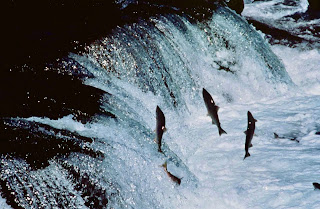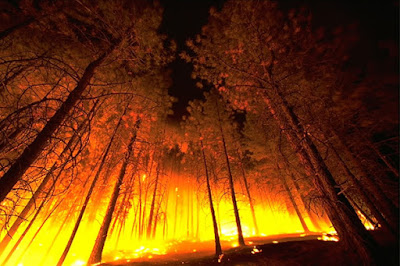If the world builds every coal plant that’s planned, climate change goals are doomed, scientists say

The Washington Post The much-heralded demise of the coal industry may be overstated, a new scientific analysis asserts — finding that if all planned plants were constructed, the world would have little chance of meeting its climate change goals. Story here. Dave Johnson coal-fired power plant, central Wyoming Greg Goebel from Loveland CO, USA









